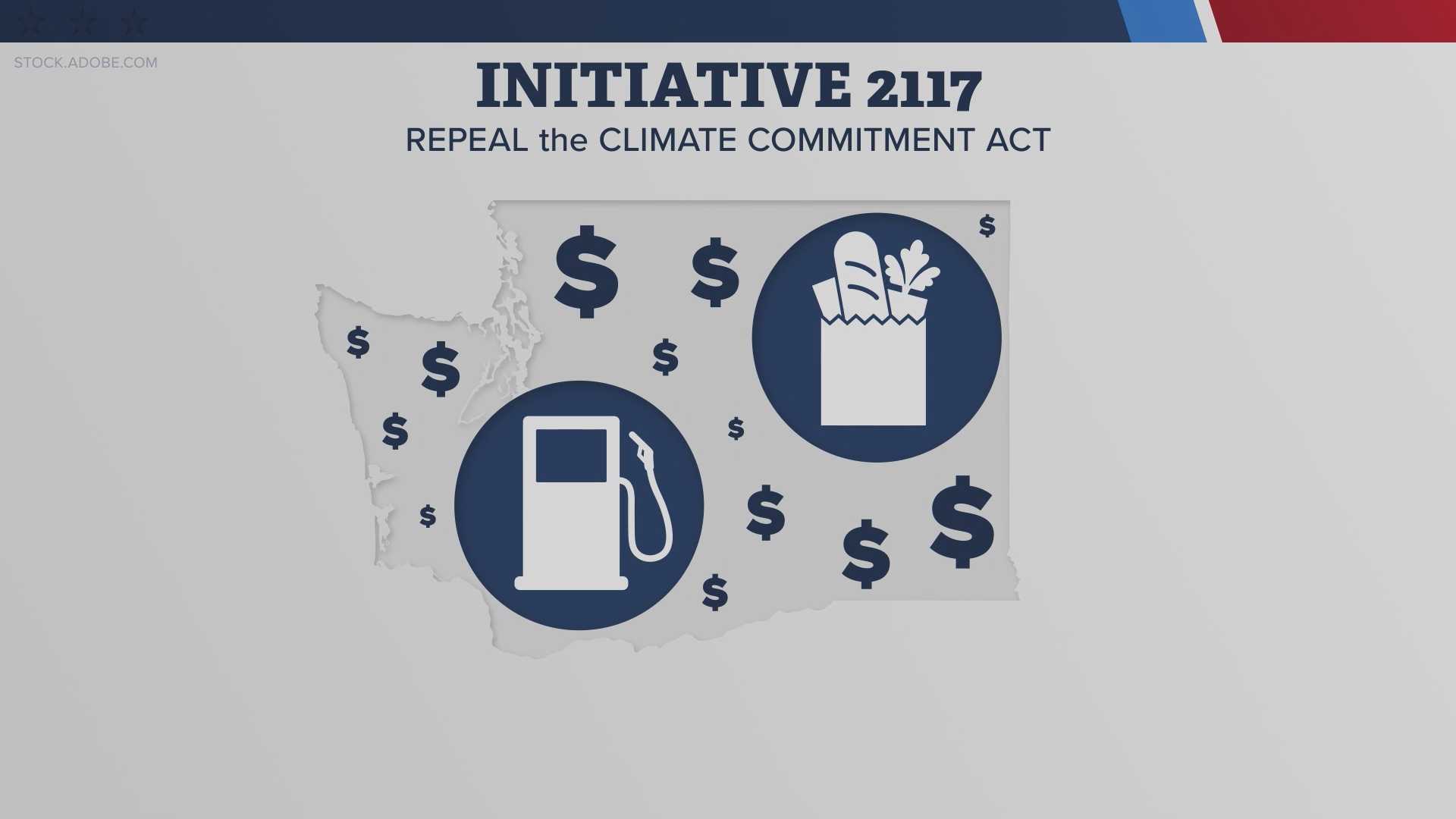Politics
Washington State’s Initiative 2117: A High-Stakes Battle Over Climate Policy

Initiative 2117 (I-2117) in Washington State has become a pivotal issue in the current election cycle, pitting environmentalists, corporations, and a wealthy libertarian against each other. The initiative, part of the “Let's Go Washington” campaign funded by hedge fund millionaire Brian Heywood, aims to repeal the Climate Commitment Act of 2021 and prevent lawmakers from enacting similar climate legislation in the future.
The Climate Commitment Act, which took effect in January 2023, is Washington’s primary mechanism for reducing greenhouse gas emissions. It sets a cap on emissions for major polluters, requiring them to obtain allowances or carbon offsets for each ton of carbon dioxide equivalent emitted. The revenue generated from these allowances is allocated to projects such as reducing transportation emissions, enhancing public transit, developing clean energy sources, and improving air quality.
The “No on 2117” campaign, which seeks to uphold the Climate Commitment Act, has raised $12.7 million from large corporations, including Amazon and BP, significantly outspending the “Let’s Go Washington” campaign. Despite this financial disparity, recent polling indicates that I-2117 may not succeed, with only 30% of voters surveyed by KING 5 expressing support for it.
The initiative has drawn strong opposition from environmentalists and climate justice organizations, who argue that repealing the Climate Commitment Act would undermine Washington’s efforts to meet its emissions reduction targets. These targets include a 50% reduction in greenhouse gas emissions by 2030 and a 95% reduction by 2050. The cap-and-invest program has already allocated nearly $2 billion to various projects, including free bus transit for residents under 19 and floodplain conservation.
The outcome of I-2117 is closely tied to the broader national context, particularly the 2024 U.S. presidential election. A victory for former President Donald Trump could align with the initiative’s goals, as Trump has historically supported an “energy dominance” approach favoring the fossil fuel industry. In contrast, a victory for Vice President Kamala Harris would likely result in continued support for strong climate policies and the maintenance of the Climate Commitment Act.












